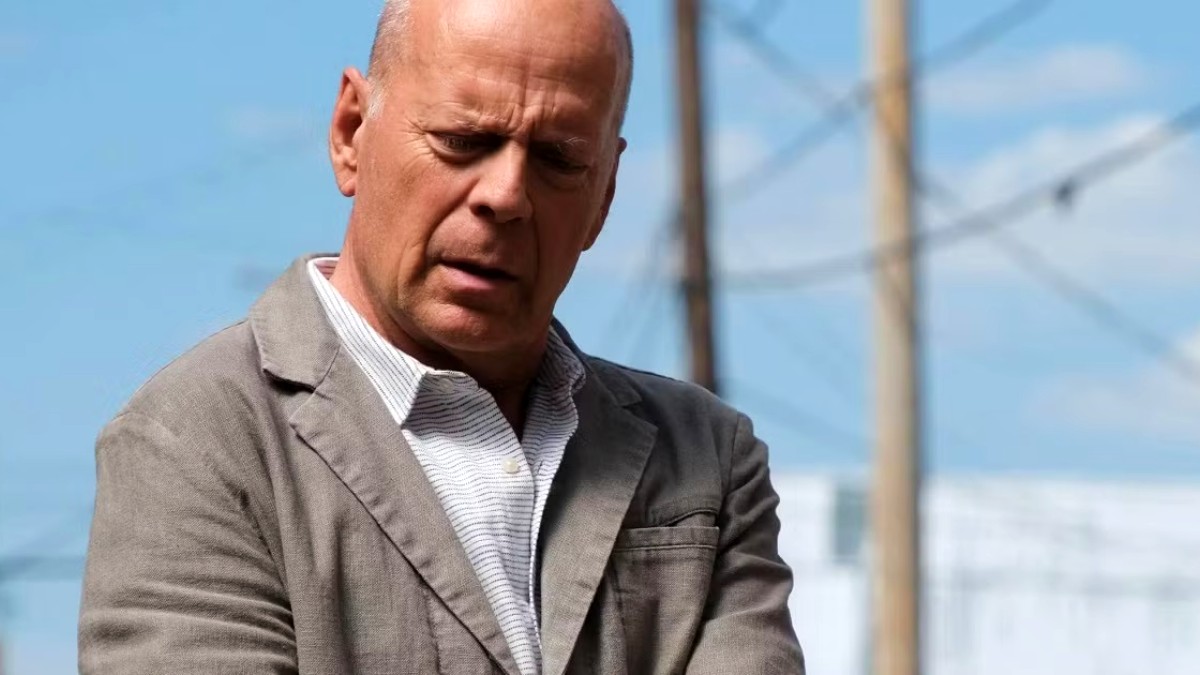
At almost the last possible moment, the heirs to comics legend Jack Kirby have accepted an unspecified offer from Marvel. Meanwhile, critical issues related to the case will remain unresolved.
Holy crap. With less than a week to go before the United States Supreme Court began considering whether or not to hear arguments between the estate of Jack Kirby and Marvel Comics, the two parties have announced that a settlement has been reached.
A statement was issued just over an hour ago:
“Marvel and the family of Jack Kirby have amicably resolved their legal disputes, and are looking forward to advancing their shared goal of honoring Mr. Kirby’s significant role in Marvel’s history.”
Confirming this state of affairs, the Kirby estate has also moved to request that SCOTUS dismiss its petition.
At issue were the copyrights pertaining to numerous characters Kirby created or co-created during his long tenure with Marvel including Thor, Iron Man, Groot, The Incredible Hulk, and many more. These characters have earned billions for The House of Ideas, but famously, Kirby never saw a cent in royalties from their exploitation. He died without the issue ever being resolved, but his surviving family have since 2009 been fighting Marvel in courts to secure ownership of the copyrights to those characters under provisions of the 1976 US Copyright Act.
However, courts in 2011, 2012 and 2013 ruled against the Kirby estate on the basis of what’s known as “the instance and expense test.” That concept, first articulated in a 1972 Second Circuit Court Decision, holds that if a contract doesn’t specifically secure a freelancer’s rights, if the work in question was created at the specific request of the employer, if the employer provides or funds materials necessary for the work, and if that employer is entitled to “supervise and direct” the work, the contract worker cannot claim the right to copyright ownership.
Related: Is Jack Kirby’s Family Greedy? Who Cares!?
Marvel’s position was that Kirby, always employed on a freelance basis, created work on demand (on a work-for-hire basis), thus the business relationship met all the criteria for the instance and expense test. However, in April of this year, the Kirby estate changed tactics, arguing that Marvel was never actually obligated to accept any of Kirby’s submissions. Kirby retained ownership of submissions Marvel did not accept, and in addition, so his estate says, he was required to cover his own expenses. Therefore, the argument went, his work did not fall within the parameters of the issues and expense test.
This had potentially huge implications. Had SCOTUS ultimately ruled in the Kirby estate’s favor, it would have radically narrowed the definition of work-for-hire and drastically affected the relationship between publishers and freelancers, particularly involving work created prior to the Copyright Act of 1976. Most importantly, such a decision could have become cited precedent for cases like the bubbling legal battle between the estate of Batman co-creator Bill Finger and DC Comics.
Though it is far from certain that SCOTUS would have ruled in favor of Kirby’s estate (this court has been wildly inconsistent when dealing with issues of copyright), the possibility must certainly have given Marvel enormous incentive to settle out of court. Alas, while this settlement is most likely great news for the Kirby estate, it unfortunately punts these issues. Details of the settlement are, for now at least, confidential. As a result, at present we have no idea what Marvel offered the Kirby estate. But as Deadline notes, it must have been a substantial offer.
Source: Deadline




Published: Sep 26, 2014 07:50 pm